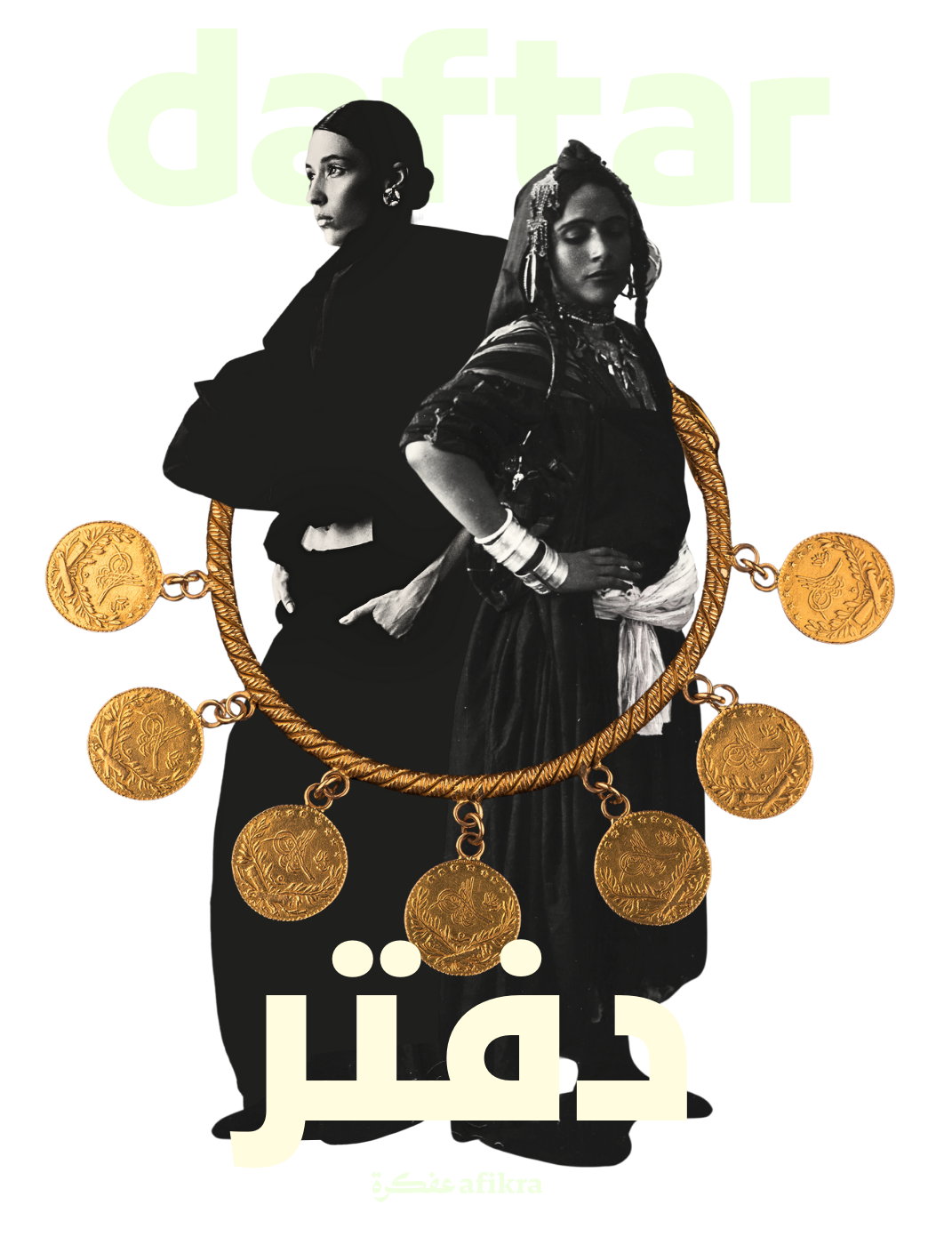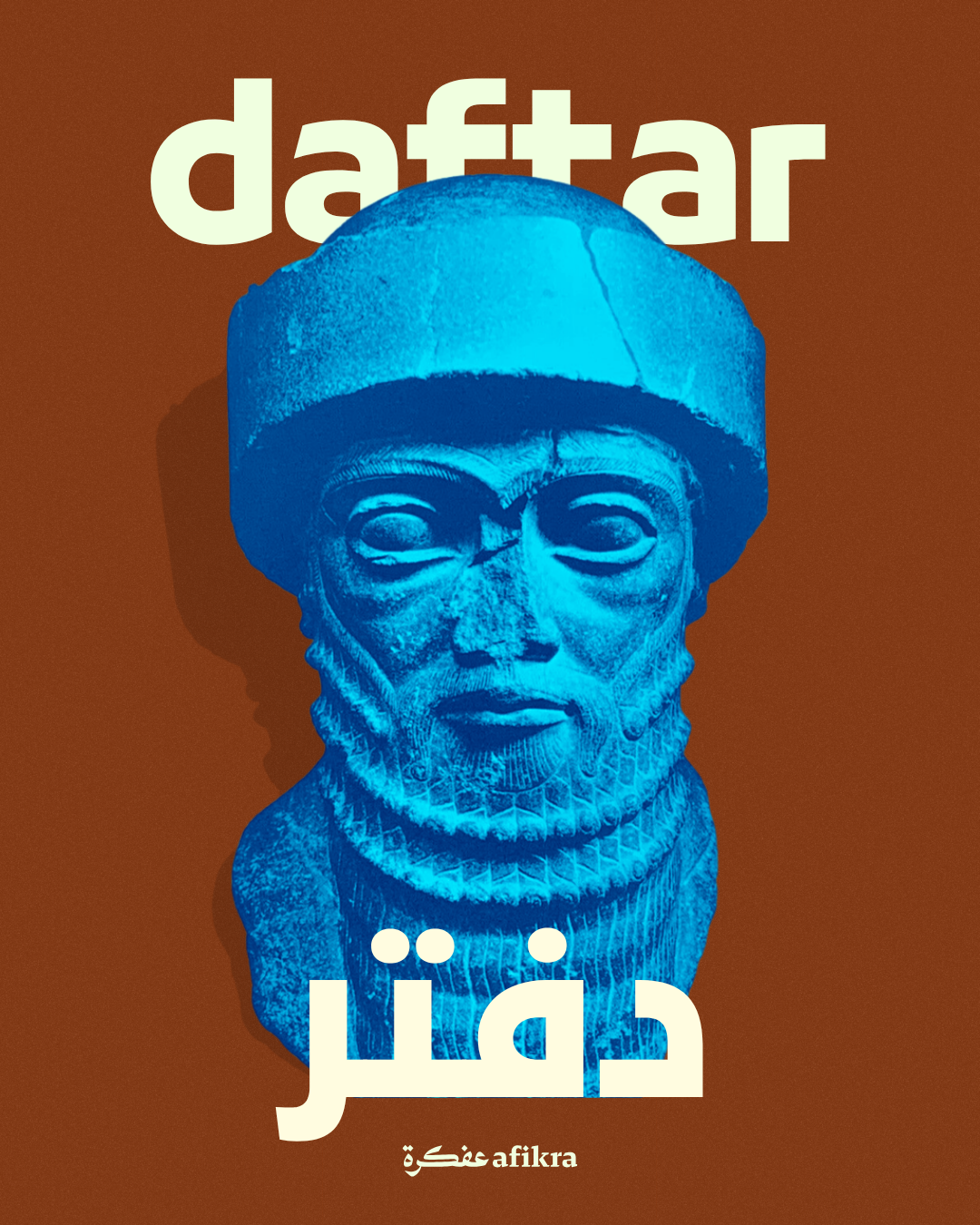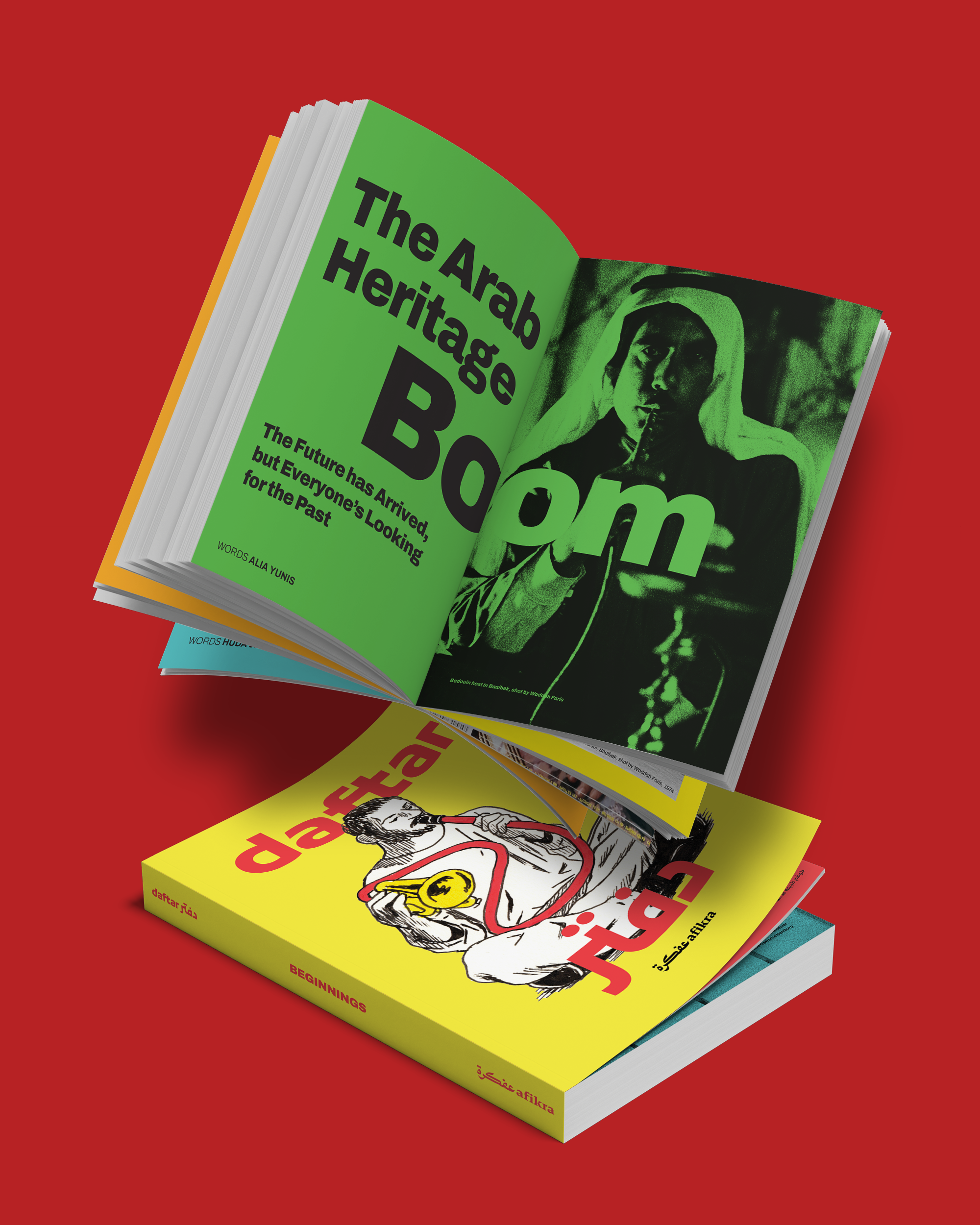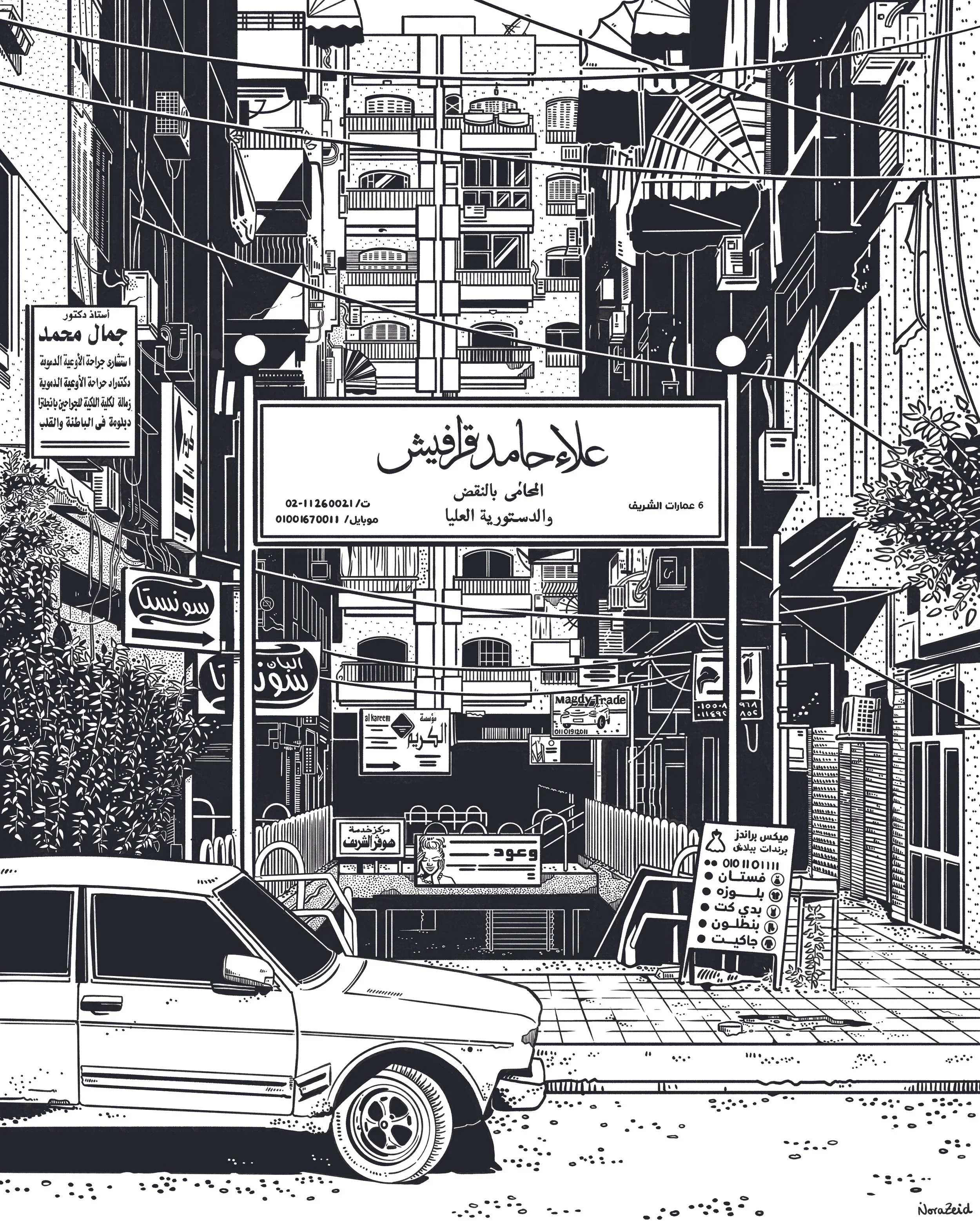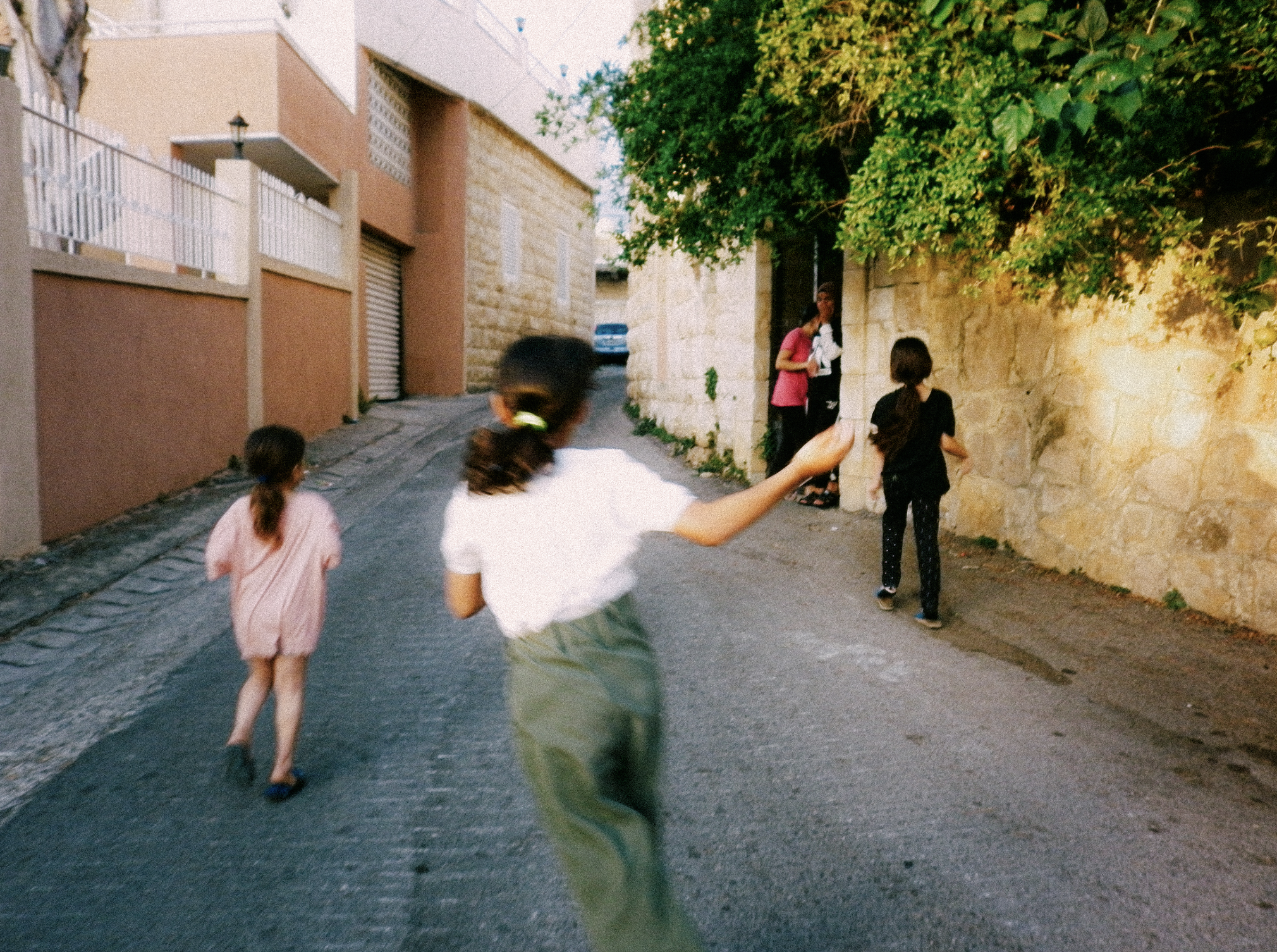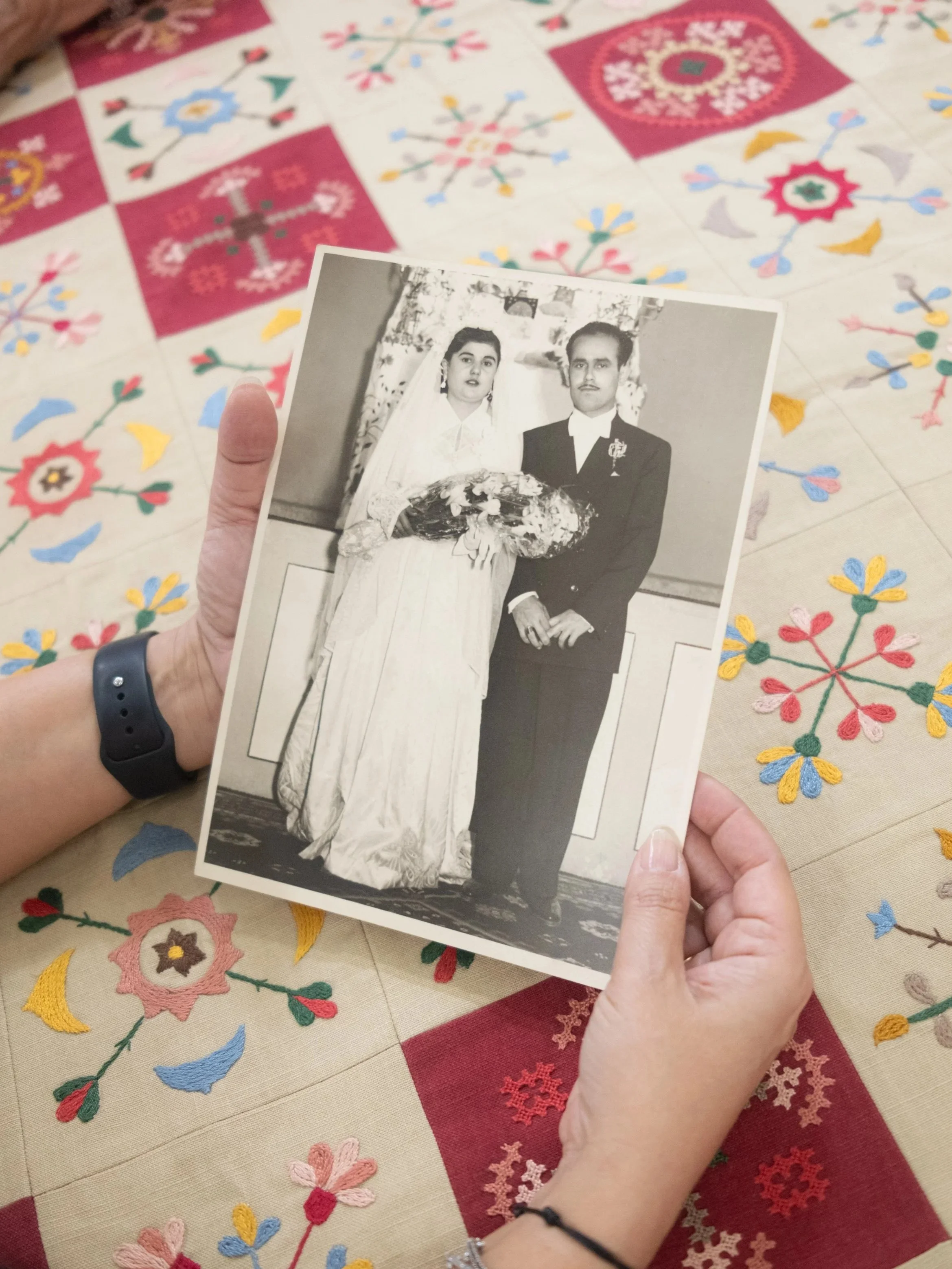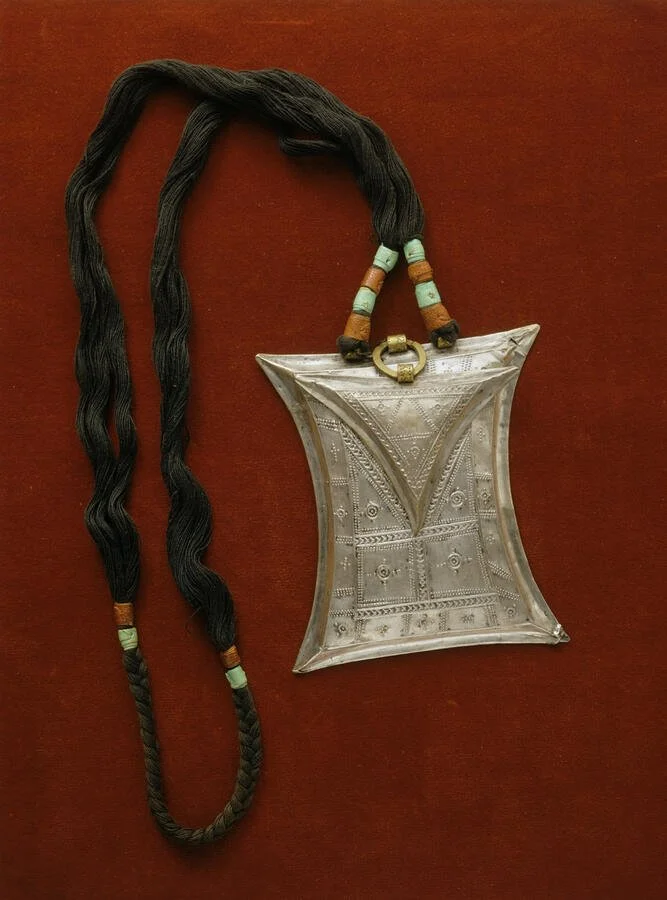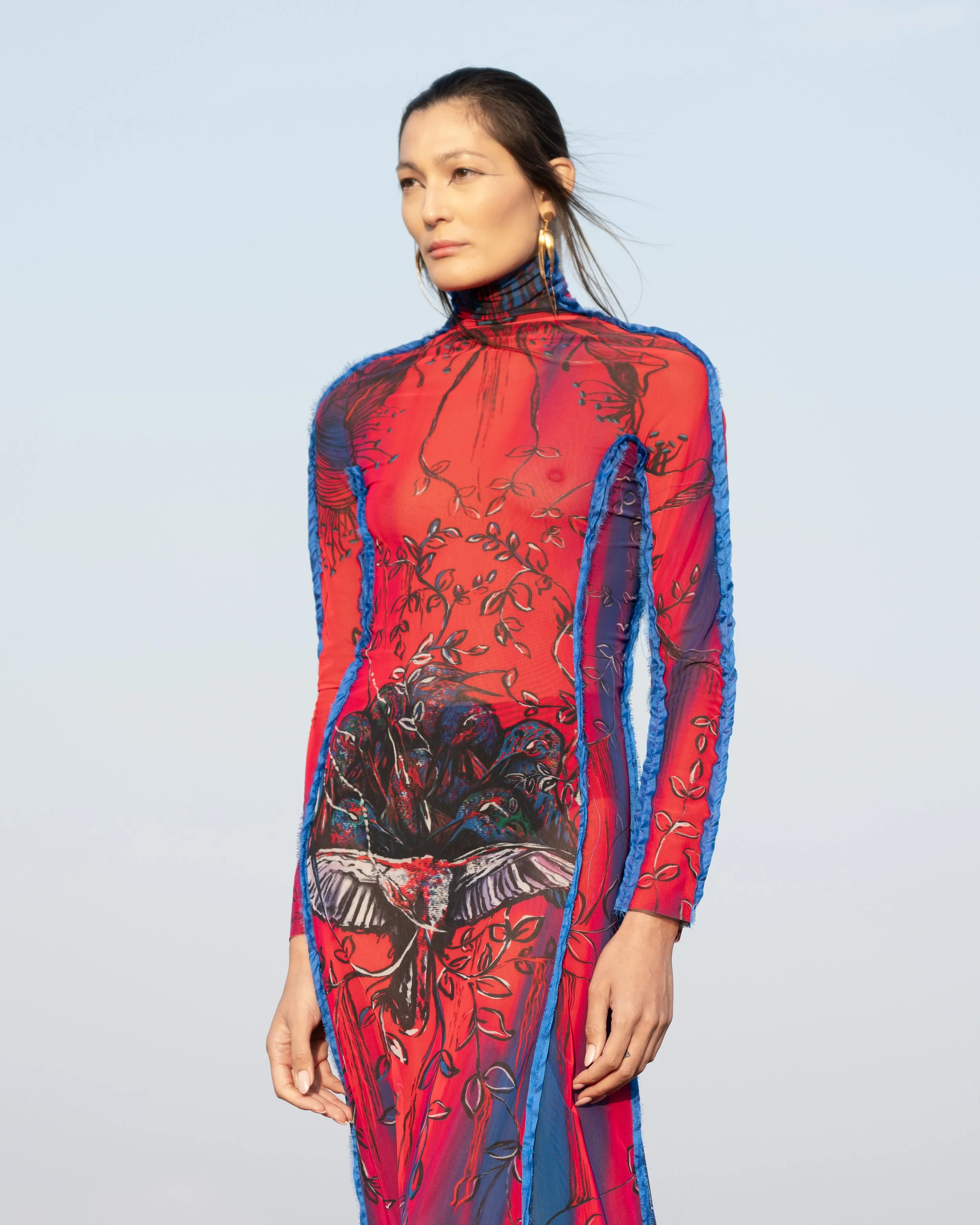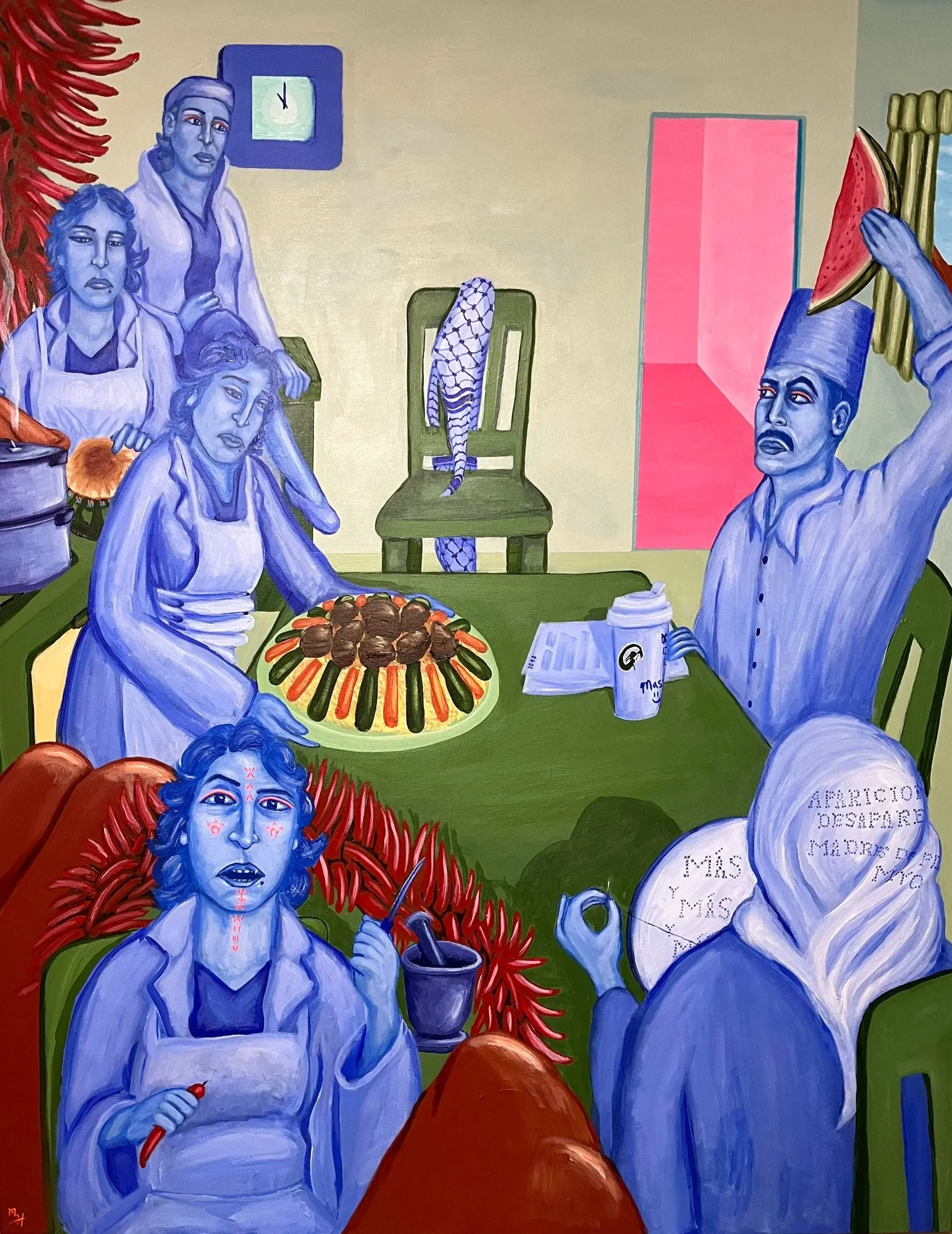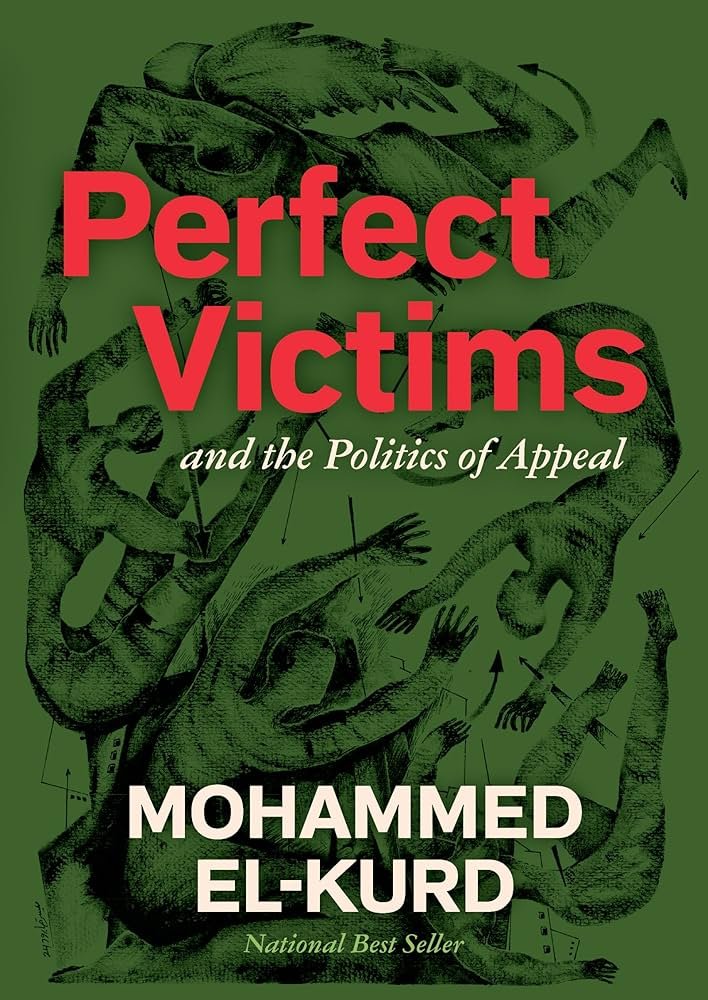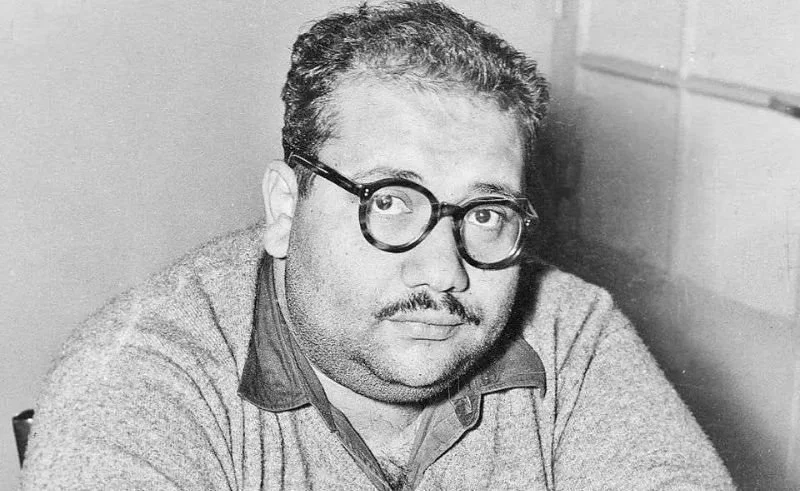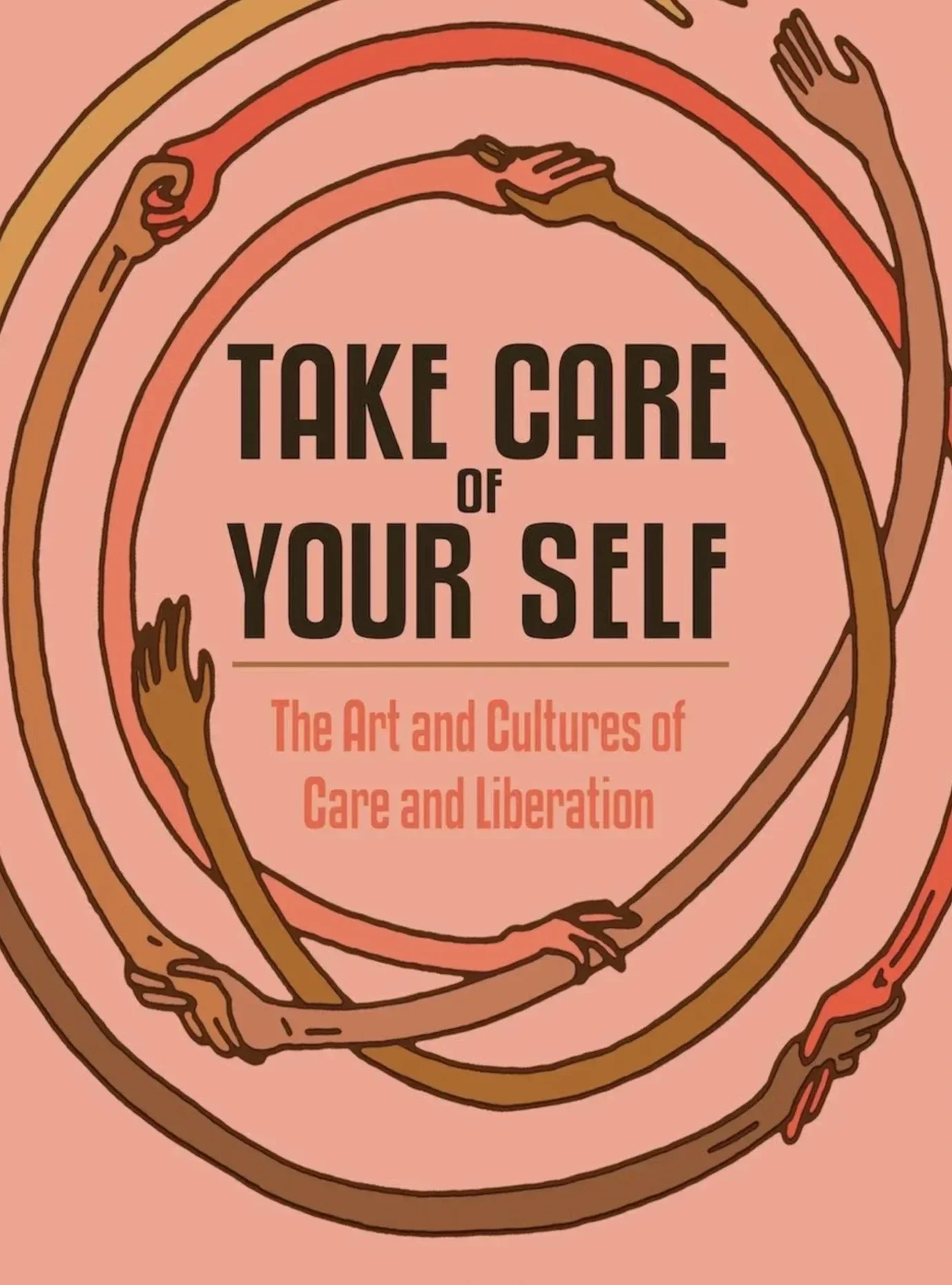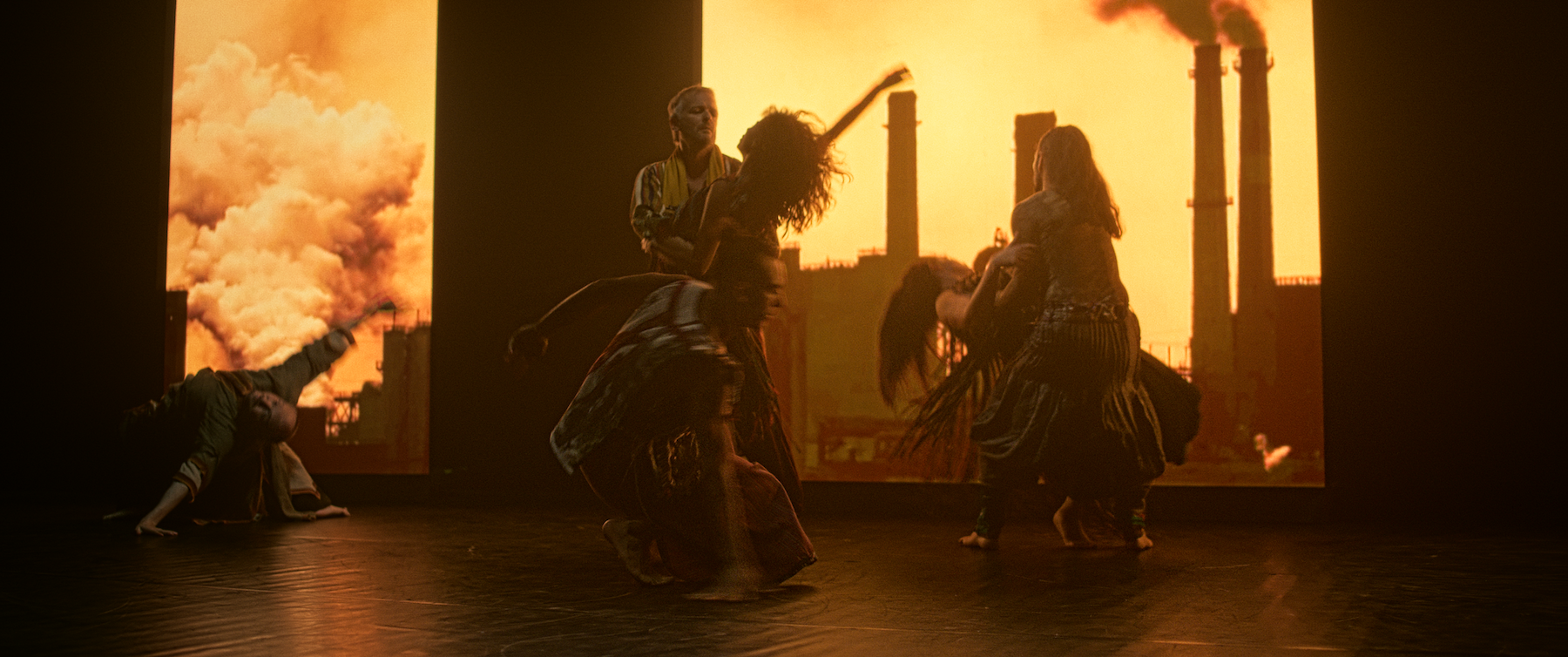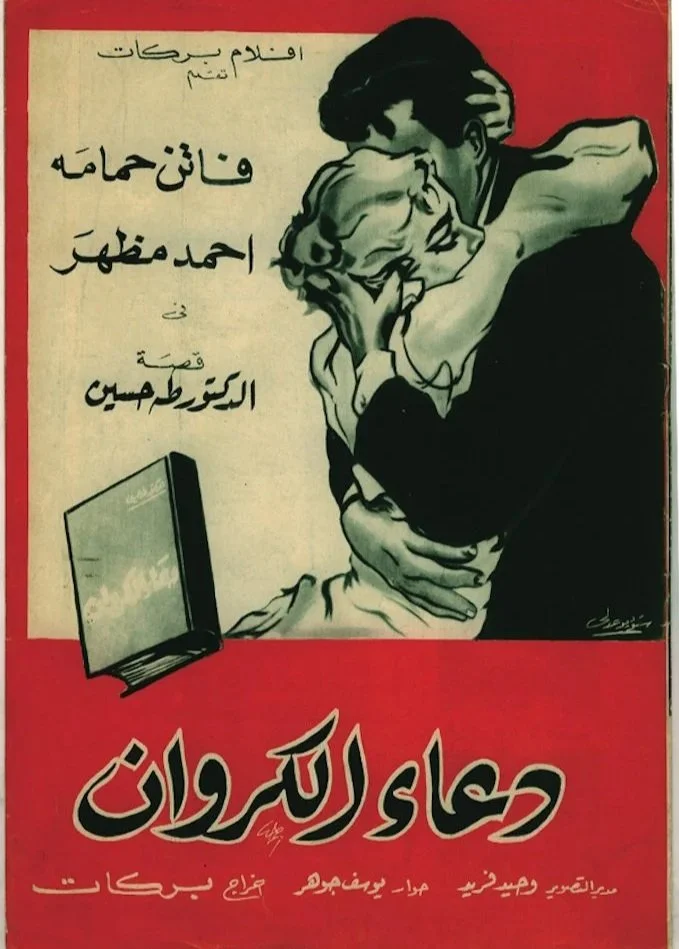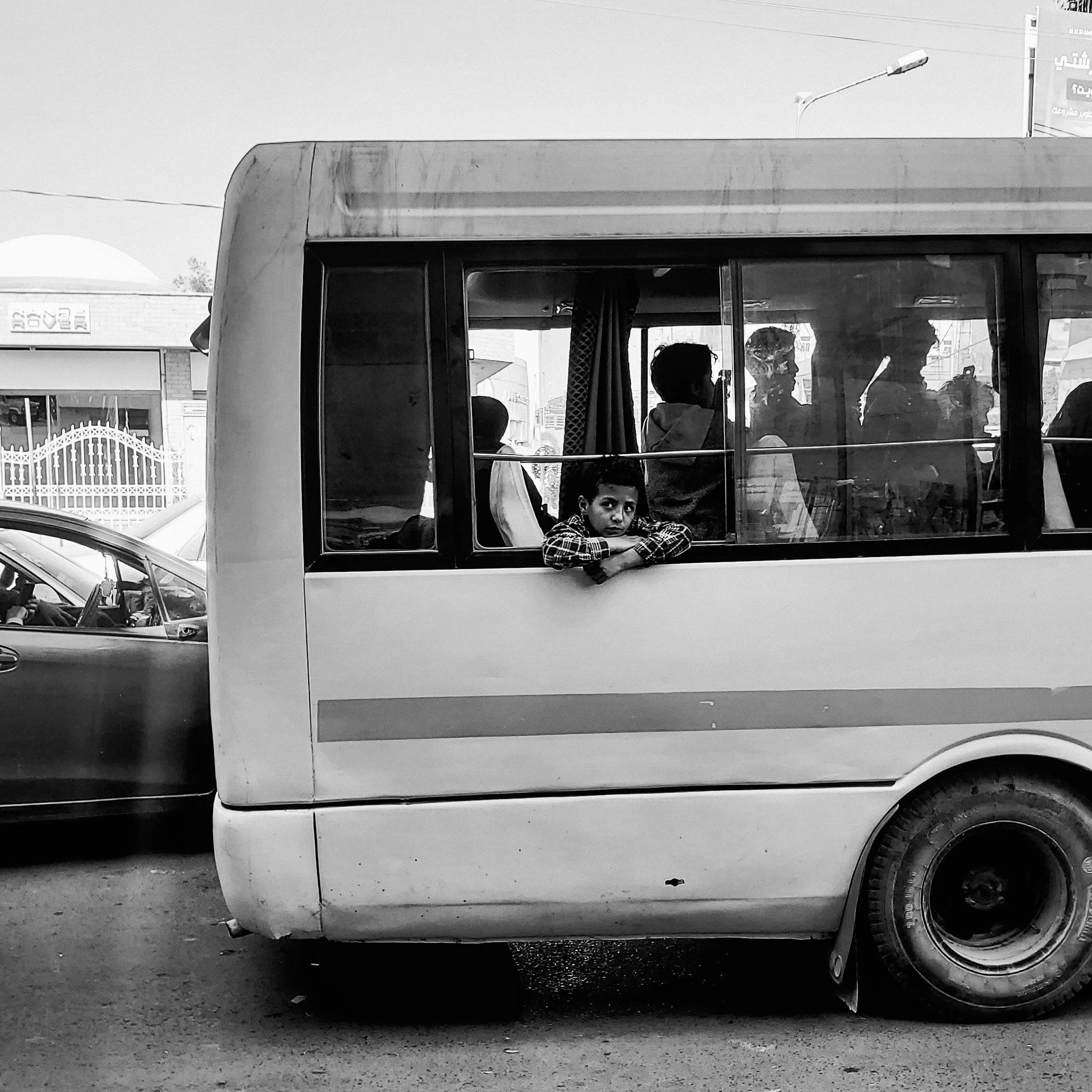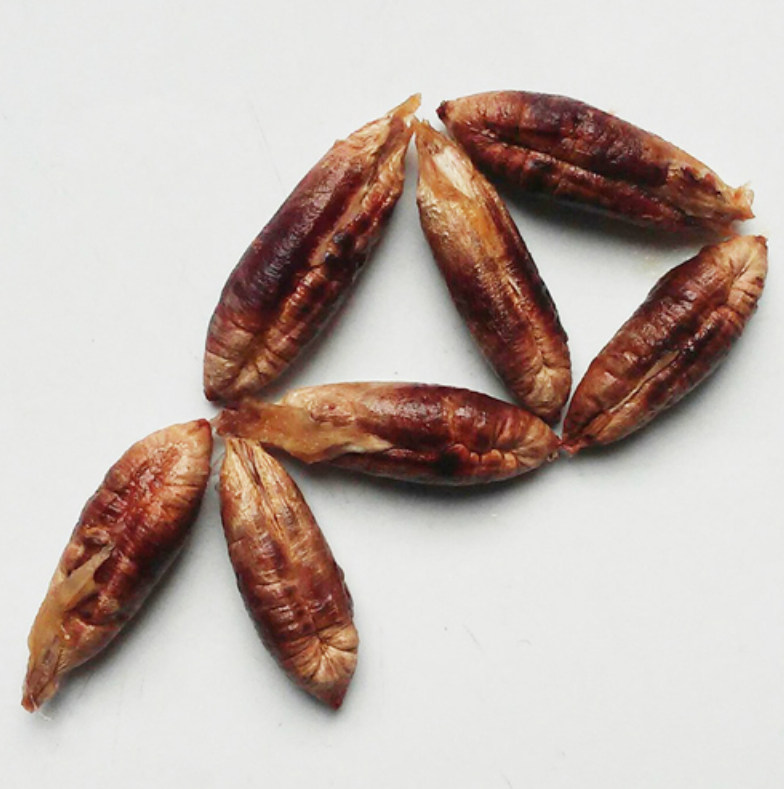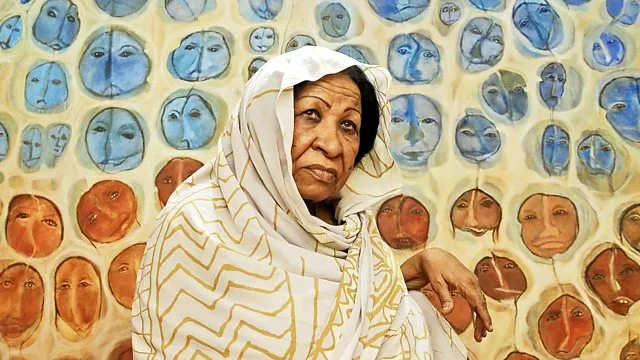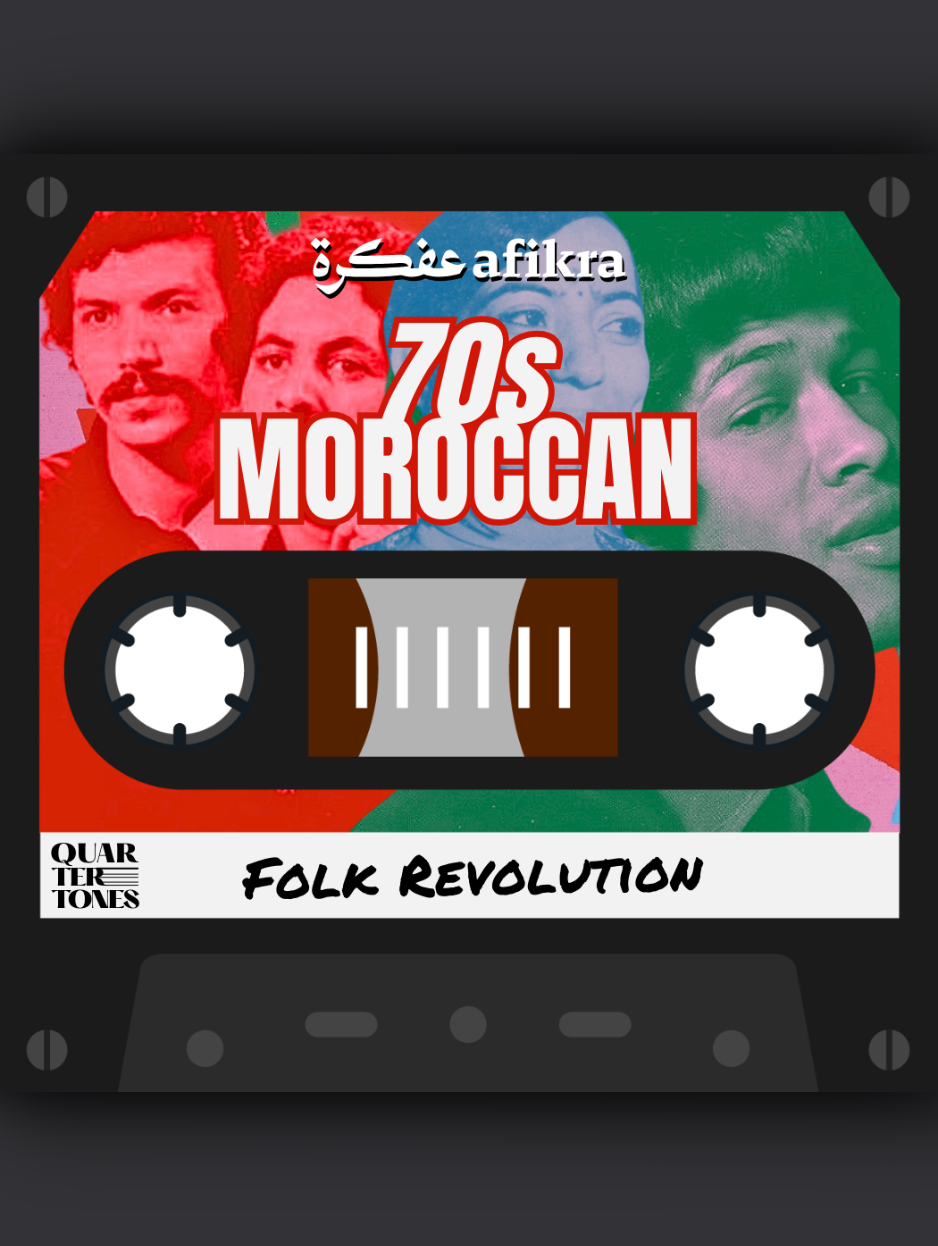

Zeenah
Beyond the fleeting cycles of trends, this edition explores adornment as a profound visual language that bridges the personal with the collective.
Editor’s Picks

Publications
Beginnings
The very first print edition of daftar marks a starting point and a return, symbolizing the act of reclaiming authorship over the Arab narrative. We explore origins across the Arab world not as fixed points, but as living forces.
Curated Reading Lists
Books on Sudan
By Aida Abbashar & Kholood Khair
Books on Philanthropy
By Maysa Jalbout
Who To Read: Selma Dabbagh's Essential Arab Authors
By Selma Dabbagh
Books on North African History
By Ibrahim Guabli
Books on Transnational Solidarity
By Andy Clarno
Books on Decolonization, Nation-building & Culture in North Africa
By Idriss Jebari

Q&A With Illustrator Nora Zeid
Drawing Cairo in Black and White
Nora Zeid is an award-winning illustrator and visual artist based in Dubai whose work focuses on representing culture and heritage. Her illustrations, both colored and black and white, depict bustling cityscape, intricate patterns and lively scenes celebrating their regions. She is collaborating with the Egyptian Heritage Rescue Foundation on her first short graphic novel, which is set to release in spring of 2025.


A Pioneer of World Music
Hamza El Din
Hamza El Din is a pioneer of world music. He blended Egyptian and Nubian musical stylings on the oud and tar, creating a beautiful blend of nostalgic melancholy tunes. He was born in 1929 in Toshka, a village in the ancient territory of Nubia. After learning that the building of the Aswan High Dam would flood his hometown, erasing an entire ancient kingdom and cradle of civilization, he became determined to preserve Nubian heritage.

Q&A with Artist and Former Journalist Massoud Hayoun
On Identity, Process, and Shifting Mediums
“I was inspired by her [his grandmother] to take my artwork more seriously. I was emboldened by the idea that we can very drastically reinvent ourselves in the pursuit of expression, even very late in the game.”


Listen, Read, Watch

Kamala Ibrahim Ishaq Through a Feminist Art History Lens
Feminist art history is a varied approach to art analysis that examines art made by women, art about women, and how art affects women. However, many aspects of the historical analysis of feminist art neglect intersectionality. We zoom in on the beloved artist born in Sudan in 1963.

